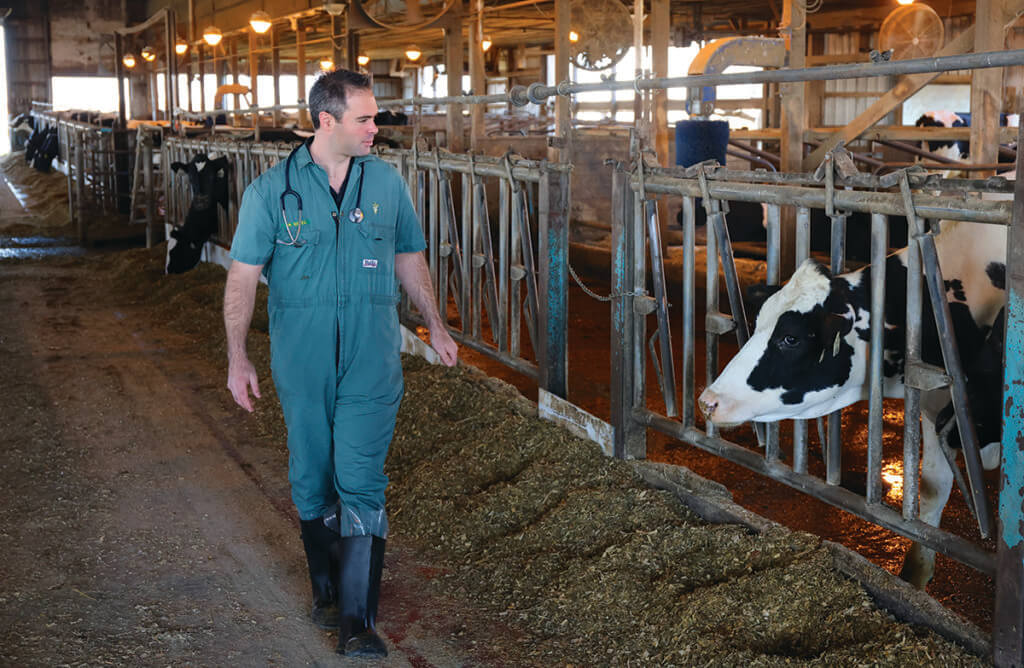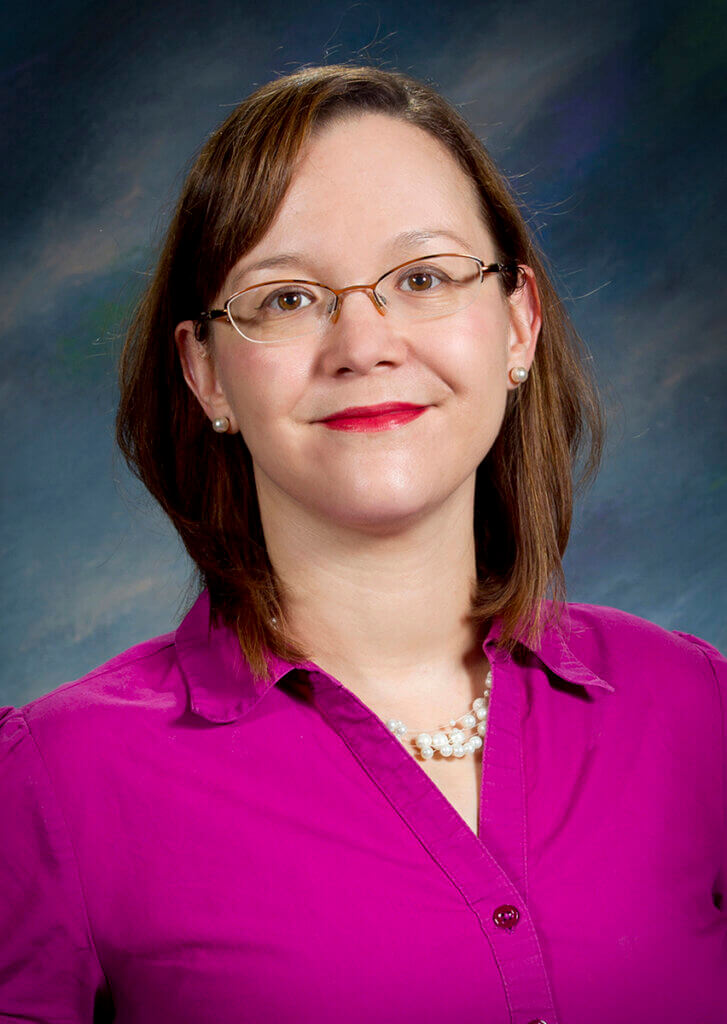
Several Purdue Veterinary Medicine faculty members are among the Purdue University researchers recognized in a first-of-the-year report from the university on research-related achievements.
The listing of notable research grants received by Purdue faculty and staff included four projects that were awarded SPARK (Supporting Partnering for Advanced Research teamworK) funding for the fall 2023 round, including one involving Dr. Rafael Neves, assistant professor of food animal production medicine in the Department of Veterinary Clinical Sciences and section head for the Bovine Field Service. Dr. Neves is on an interdisciplinary team working on a project entitled, “One Health Solutions to Antimicrobial Resistance.” Other team members include Dr. Mohit Verma, assistant professor of agricultural and biological engineering, and Dr. Jonathan Pasternak, assistant professor of animal sciences. The SPARK program provides up to $100,000 for critical development activities linked to external grant proposals of $7 million or more.



Another PVM faculty member was noted in a list of new NIH incentive awardees. Dr. Marxa Figueiredo, associate professor of basic medical sciences, is one of several Purdue faculty members who each received $50,000 to support their applications for NIH new R01/U01 or competing renewal R01 awards. Dr. Figueiredo’s project is entitled, “Optimizing Myodepot for Propep Therapy by Microgel Gene Delivery.”
Dr. Figueiredo also is one of two PVM faculty members to receive Purdue AgSEED funding. Dr. Figueiredo, as project leader, and her collaborators, received support for the project entitled, “Investigating anti-microbial compounds for treating multidrug resistant infections and enhancing endogenous tissue repair.” The other PVM faculty member receiving AgSEED funding is Dr. Deepti Pillai, clinical associate professor of diagnostic microbiology and Animal Disease Diagnostic Laboratory section head for Serology and Virology. Dr. Pillai, as project leader, and her collaborators, received support for the project entitled, “Accelerating and Improving Antibiotic Selection for Farm Animal Treatment: A Novel Approach.”
AgSEED is short for Agricultural Science and Extension for Economic Development, which was established through Crossroads funding from the Indiana Legislature to foster the state’s leadership in plant and animal agriculture and rural growth. Faculty and staff in the colleges of Agriculture, Health and Human Sciences, and Veterinary Medicine are eligible to apply for grants to fund basic research or applied research/Extension. The awards are intended to serve as seed money to help researchers lay firm research foundations for promising areas of scholarship.
